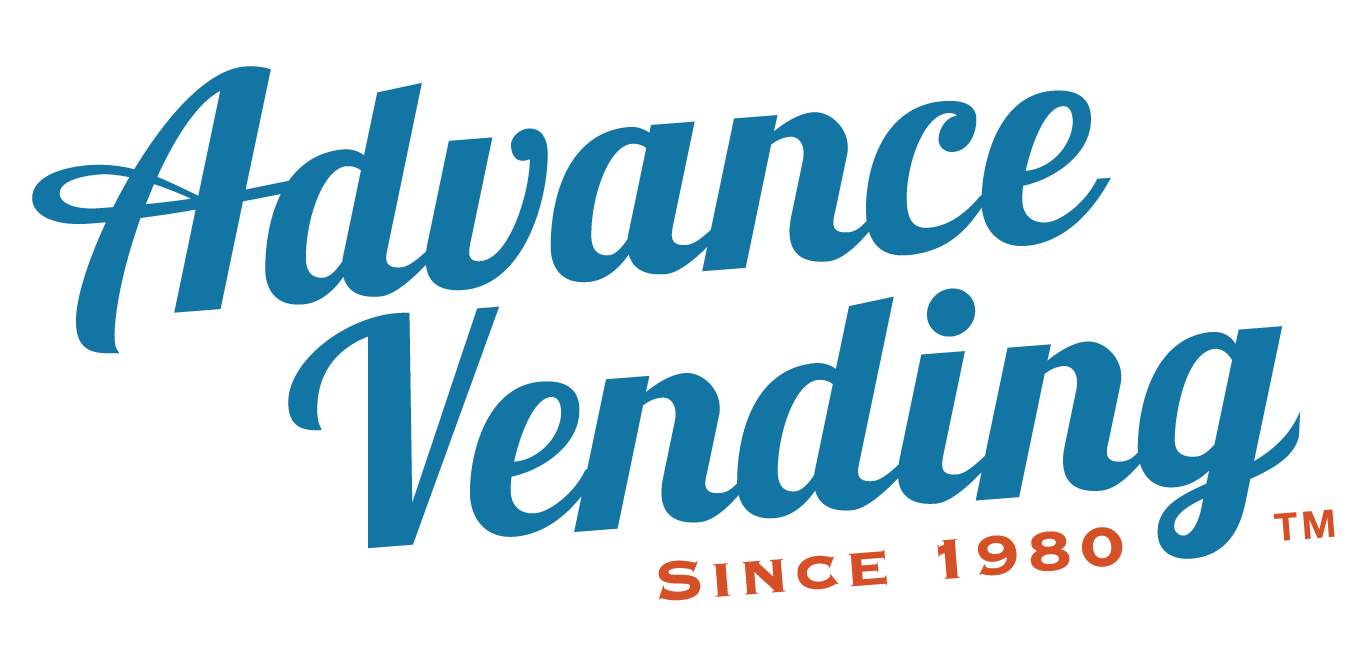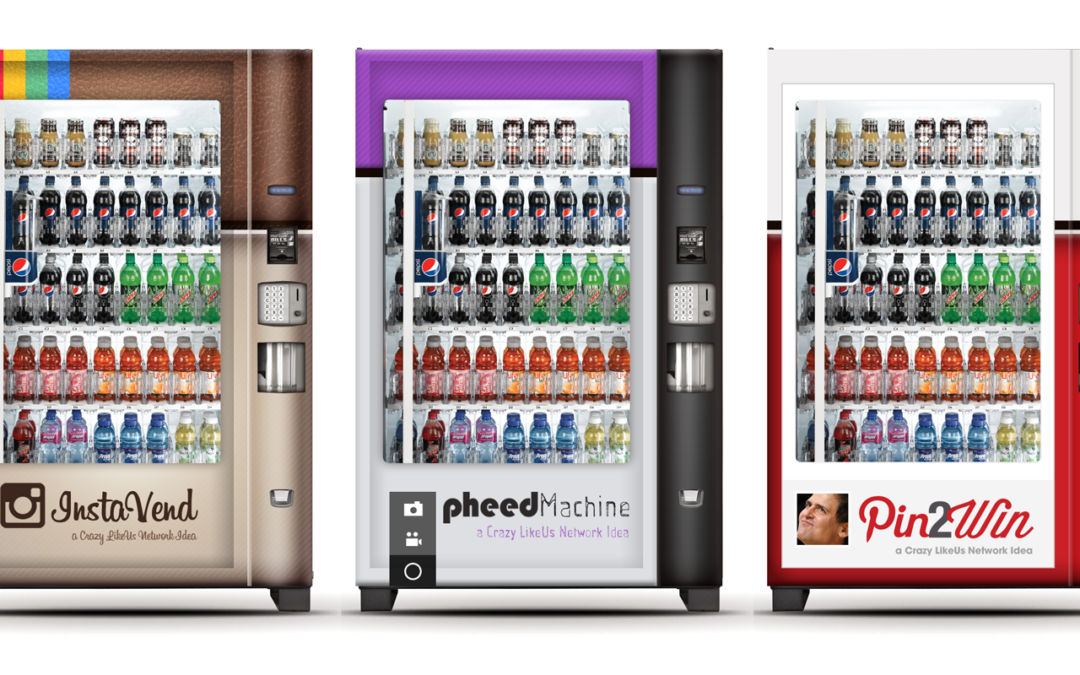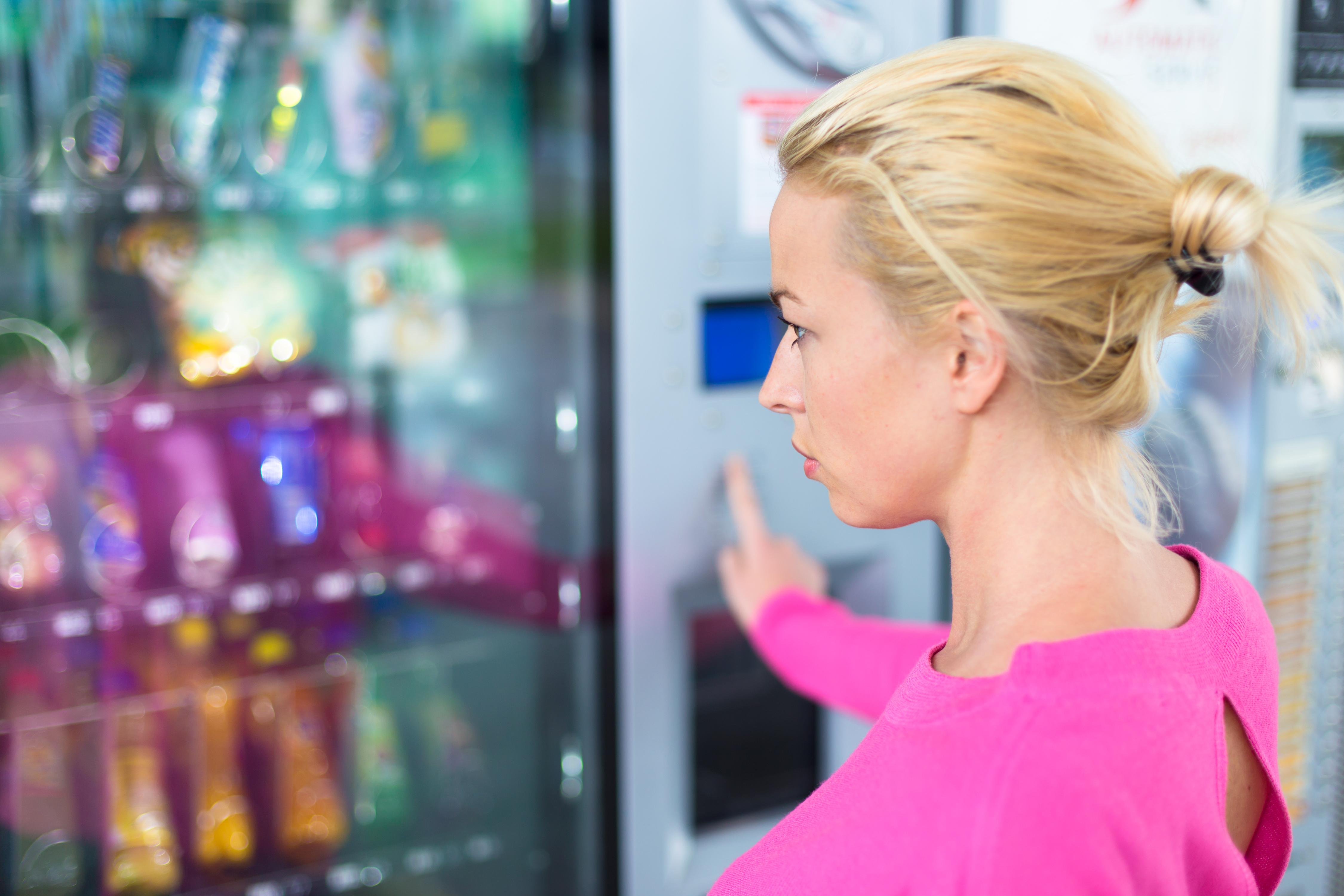In fresh years the problem of sustainability has come to the leading edge of the espresso trade, however fresh analysis has discovered that as shopper call for grows, the trade remains to be dealing with a lot of boundaries to going inexperienced.
According to new, impartial analysis by way of BRITA Professional at the reviews of espresso operators, virtually all (97%) imagine that sustainability credentials are necessary to their shoppers. When requested in regards to the best priorities for his or her industry, sustainability got here 2d position (48%) best to buyer pride (70%).
However, the analysis additionally published that scorching beverage operators really feel there are a variety of boundaries to achieving their sustainable objectives:
- Equipment: Almost part suppose their apparatus is permitting them to down by way of no longer status the take a look at of time (49%)
- Cost is a matter: Over part in finding it tricky to stability profitability and sustainability inside of their industry (64%)
- Lack of data:About sustainable practices is making it more difficult (47%)
With just about halfof espresso operators highlighting the significance of running with sustainable providers and 56p.cannouncing they might pay extra for a provider if it introduced a measurable affect on sustainability efforts, it’s transparent that the function of providers is vital in serving to particular person companies and the broader trade succeed in sustainability objectives.
In reality, the analysis discovered the highest sustainable tasks espresso operators would love providers to concentrate on are:
- Reducing packaging (79%)
- Sourcing sustainable meals (52%)
- Working on gadget coverage to assist it stand the take a look at of time (51%)
The sustainability factor that’s crucial to operators is the only they’re additionally enticing with essentially the most – decreasing single-use plastic. Eight in ten (82%) say they have got already presented how to cut back single-use plastic of their established order, for instancethree quarters (79%) have got rid of plastic straws and two thirds (59%) have eradicated single-use plastic cutlery.
That mentioned, it’s transparent that companies may just do extra. Less than part (46%) have presented incentives to cut back single-use espresso cups and just a 3rd (34%) have put in filtered water dispensers to exchange bottled water. What’s extra, even supposing reducing down on single-use plastic was once discovered to be the most important sustainable precedence, many wish to cross additional:
- 53p.csee the power potency of kit as a best center of attention however just below part (46%) are the usage of water filters on their apparatus, in spite of it being one of the vital easiest techniques to make sure espresso making apparatus runs successfully and stands the take a look at of time by way of protective in opposition to limescale and undesirable minerals
- 44p.cimagine that running with sustainable suppliersshould be a best precedence
- 23p.csuppose that emphasis must be put on disposal of tea and low grounds
Speaking in regards to the analysis effects, which can be to be had in a brand new toolkit fromBRITA Professional– Life is Better Filtered: School of Expertise – Serving Coffee Sustainably,Sarah Taylor, managing director of Brita UK, mentioned:
“Sustainability within the espresso sector isn’t a brand new thought, the trade as a complete is devoted to making a sustainable provide chain – from the beans during to the espresso served. What is new is the numerous shift in shopper’ expectancies and consciousness of the local weather disaster. Once seen as a ‘nice to have’, placing the surroundings earlier than benefit is now anticipated and this is going past the likes of recycling packaging and taking away single-use plastic straws.
“For suppliers in the coffee industry, continually improving on sustainable practices to pass the benefits down the supply chain to operators and meet consumer demand is an ongoing challenge. Our new toolkit provides practical solutions and advice on how to balance sustainability challenges with other business priorities, as well as the potential gains that can be made from making the right sustainable choices.”


